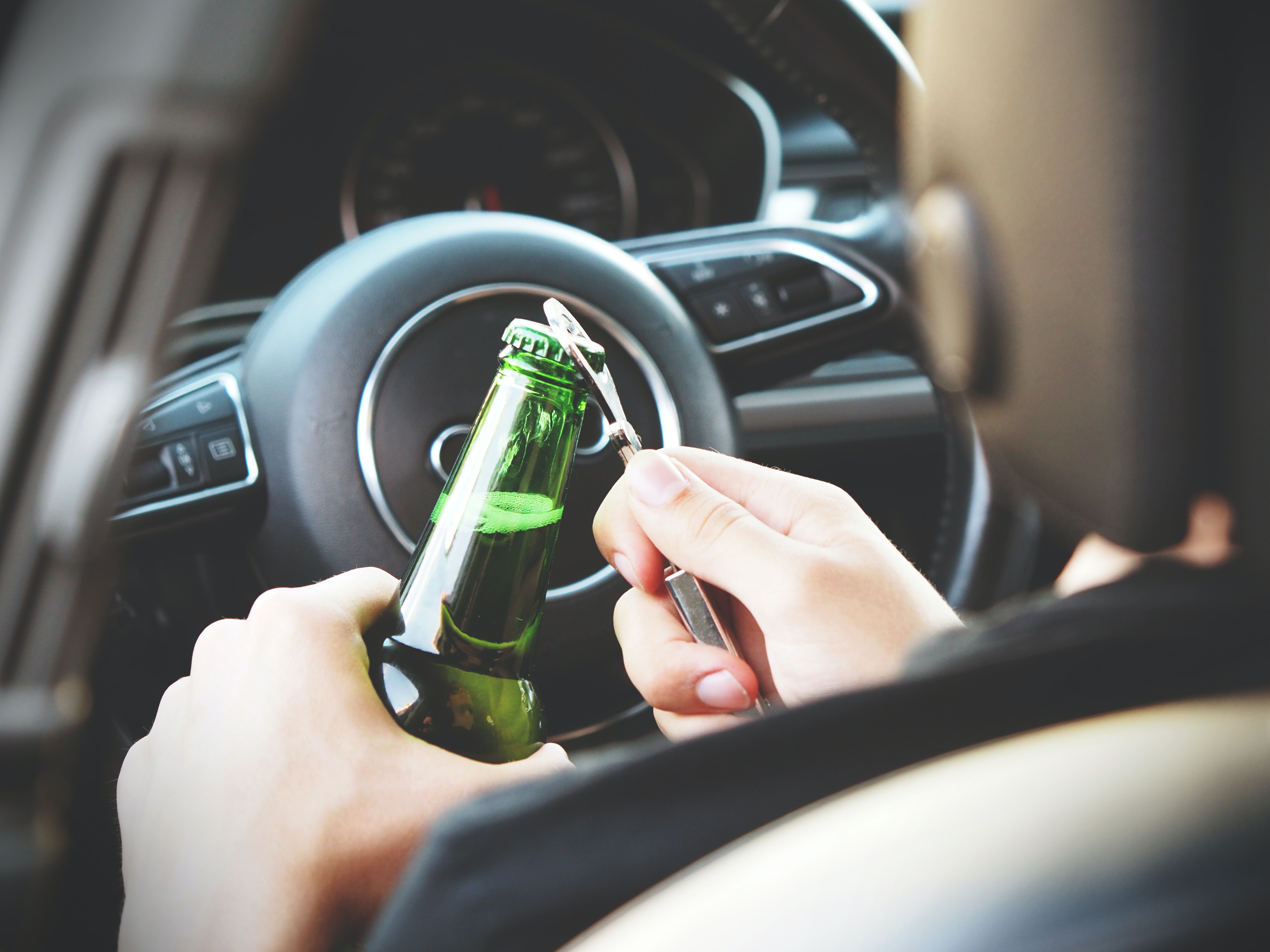Dealing with a DUI charge can be an overwhelming experience, but understanding the steps to take afterward and the importance of starting a recovery journey can help you navigate this challenging time more effectively.
Facing a DUI charge is a daunting experience that brings numerous legal, financial, and personal challenges. This blog post aims to provide you with essential information on what to expect and how to navigate the aftermath of a DUI. Understanding the legal process, the impact on your driving privileges, financial consequences, the role of SR-22 insurance, and the importance of starting a recovery journey can make a significant difference in managing this challenging situation. With the right knowledge and support, you can take proactive steps toward rebuilding your life and making safer choices in the future.
The Legal Process
After being charged with a DUI, it’s important to understand the legal process that follows. Typically, you’ll be required to attend a court hearing, where the charges against you will be formally presented. You have the right to legal representation, and having an experienced DUI attorney can help you navigate this complex process. DUI cases often involve multiple court dates, including arraignments, pretrial motions, and possibly a trial. Understanding these legal steps can help you prepare and make informed decisions throughout the process.
The Impact on Your Driving Privileges
A DUI charge can significantly affect your driving privileges. In many cases, your driver’s license will be suspended, either immediately upon arrest or after your court hearing. The length of the suspension can vary based on factors such as your blood alcohol content (BAC) level and whether you are a repeat offender. Additionally, reinstating your driving privileges may involve completing a mandatory DUI education or treatment program. It’s crucial to be aware of these potential consequences so that you can plan accordingly.
The Financial Repercussions
Being charged with a DUI comes with substantial financial repercussions. You may face hefty fines, which can vary by state and the specifics of your case. Additionally, your car insurance premiums are likely to increase significantly and you might be required to obtain SR-22 insurance. Additionally, you’ll be charged for vehicle damages if you’ve hit anything and insurance won’t cover it all. Damage can be a significant financial burden, especially if you hit another vehicle on the road.
The Role of SR-22 Insurance
SR-22 insurance, as mentioned before, plays a crucial role after a DUI charge. It is not a separate insurance policy but rather a form filed by your insurance company with the state, confirming that you carry the required car insurance coverage. Not all insurance providers offer SR-22 filing services, so you may need to find a company that does, like Illinois Insurance Center Inc. The requirement for SR-22 insurance typically lasts for a few years, depending on your state’s regulations and the severity of your offense. Failing to maintain this coverage can result in additional penalties, including further suspension of your driving privileges.
Starting the Recovery Journey

Facing a DUI charge can be a wake-up call to begin your recovery journey toward sobriety, especially if it’s not your first offense. It’s essential to recognize the role alcohol or substance use may have played in your actions and consider seeking support. Many individuals benefit from attending support groups like Alcoholics Anonymous (AA), and Newport Beach Recovery Center, or simply engaging with professional counselors who specialize in addiction. Recovery is a personal process, and finding the right resources and support systems can make a significant difference. Committing to sobriety not only helps with legal implications but also improves overall well-being and future prospects.
Dealing with a DUI charge can be an overwhelming experience, but understanding the steps to take afterward and the importance of starting a recovery journey can help you navigate this challenging time more effectively. Remember, you are not alone; seeking support from experienced professionals and recovery communities can provide the guidance and encouragement you need. By taking proactive steps, you can work towards rebuilding your life, ensuring safer choices in the future, and ultimately emerging stronger from this experience. Stay informed, stay positive, and take each step one day at a time.


Join the conversation!